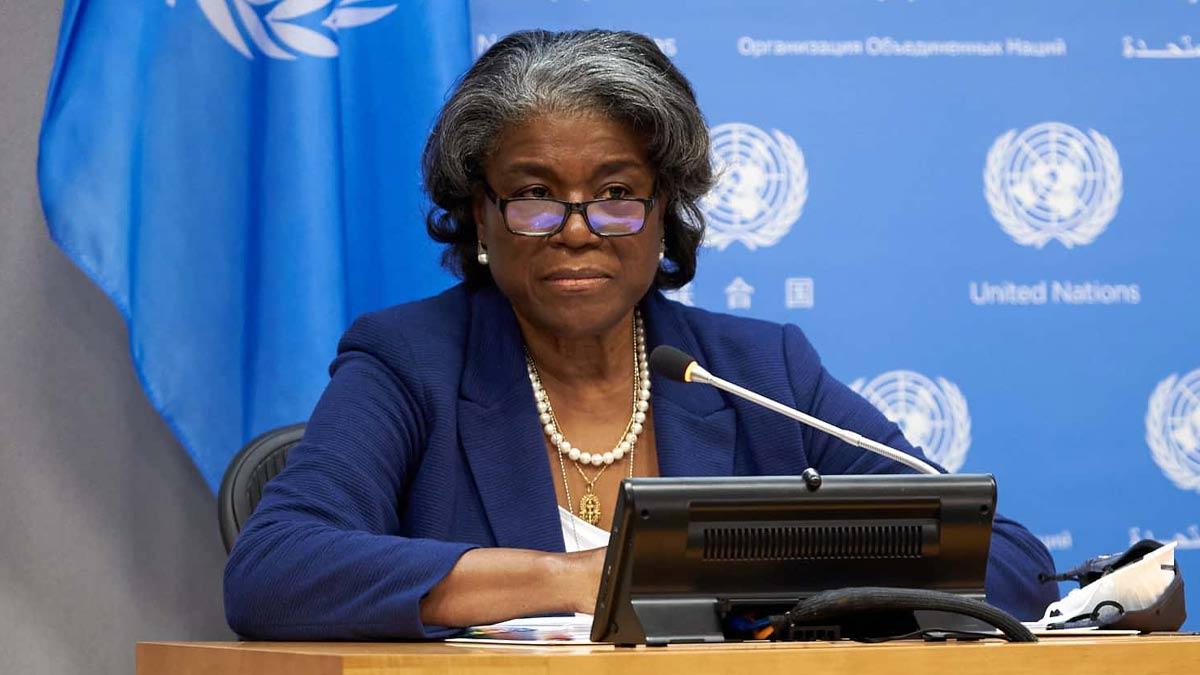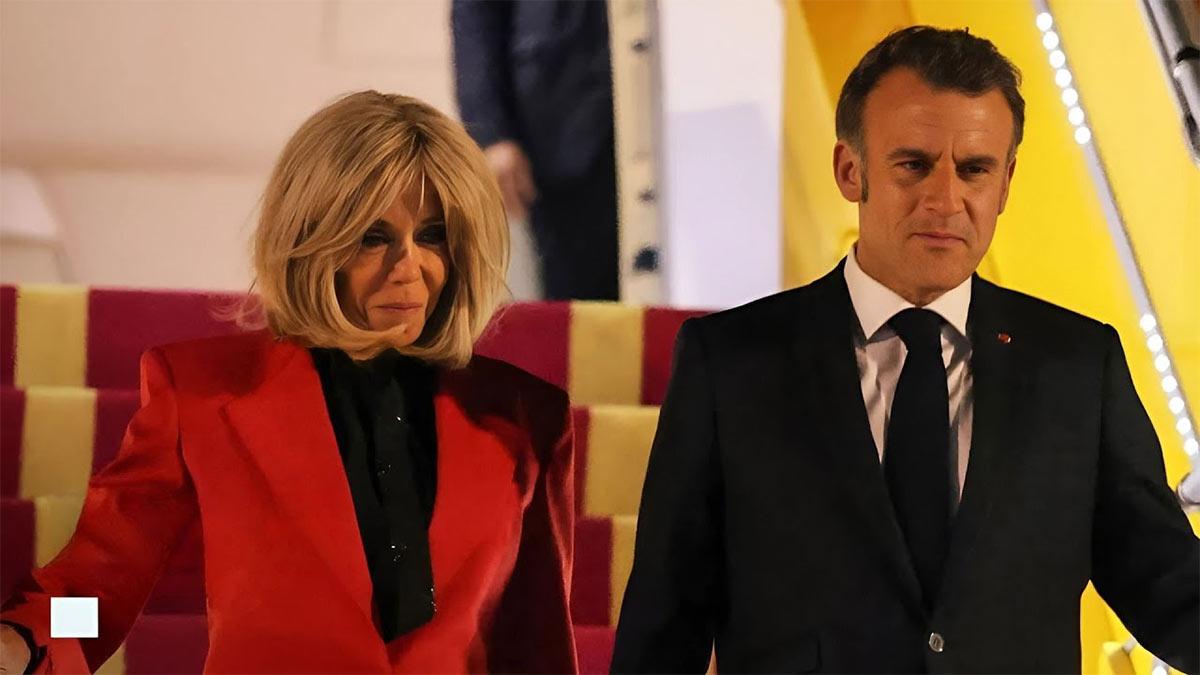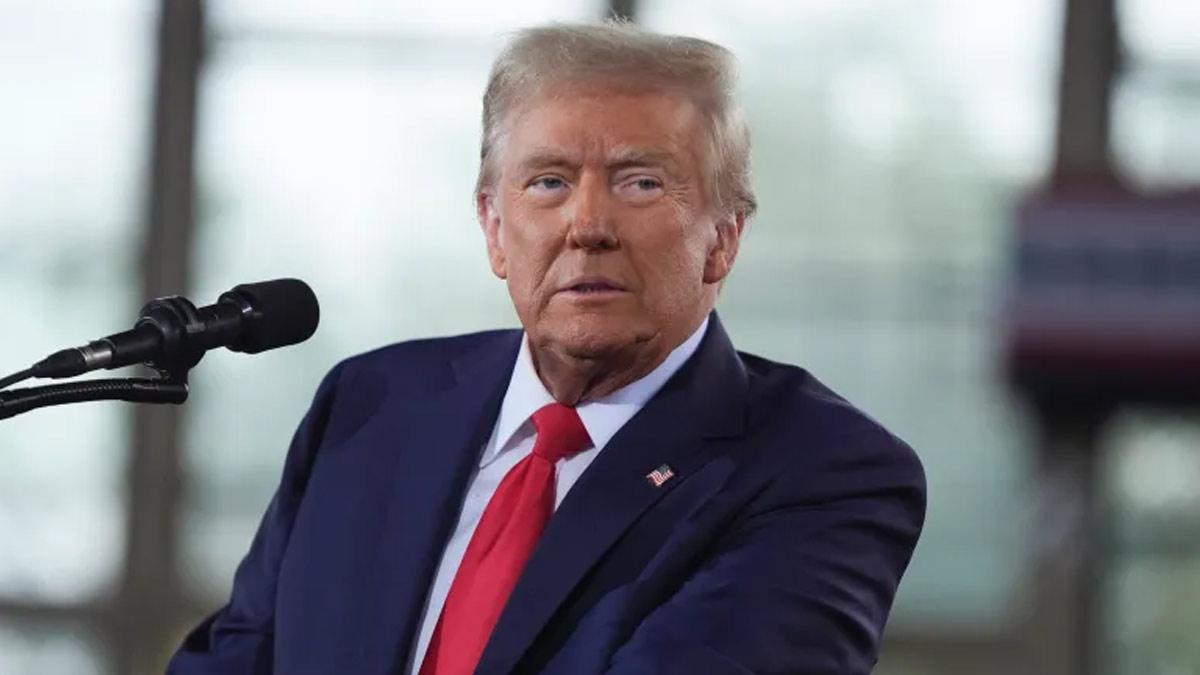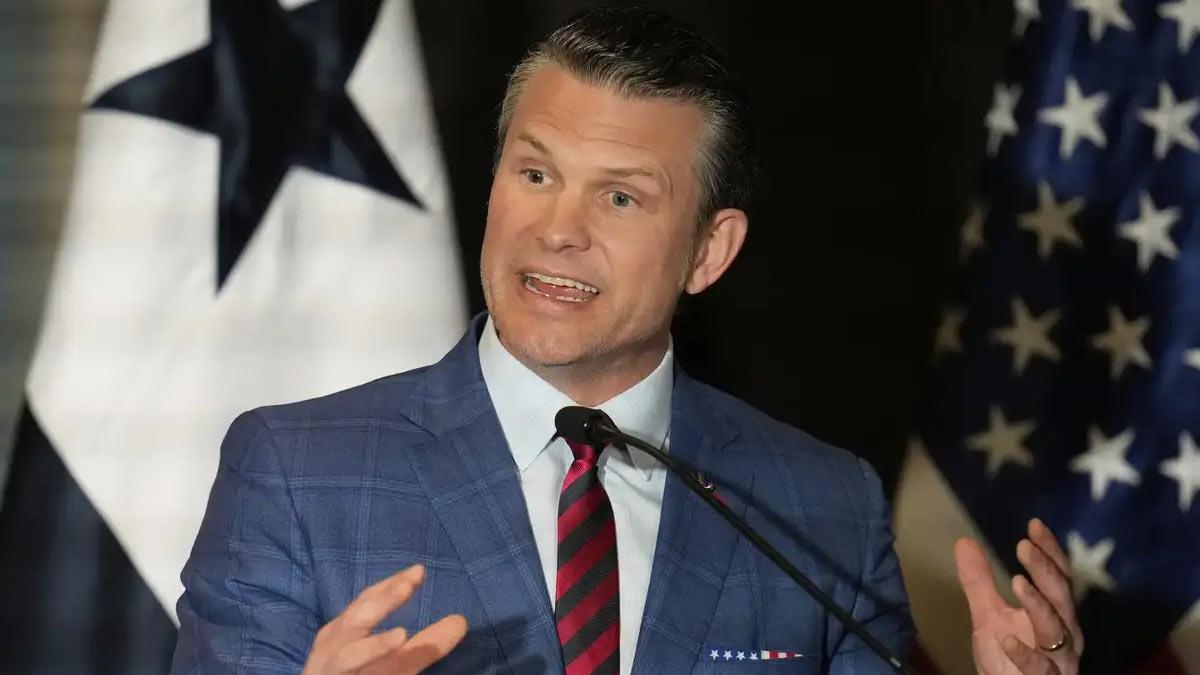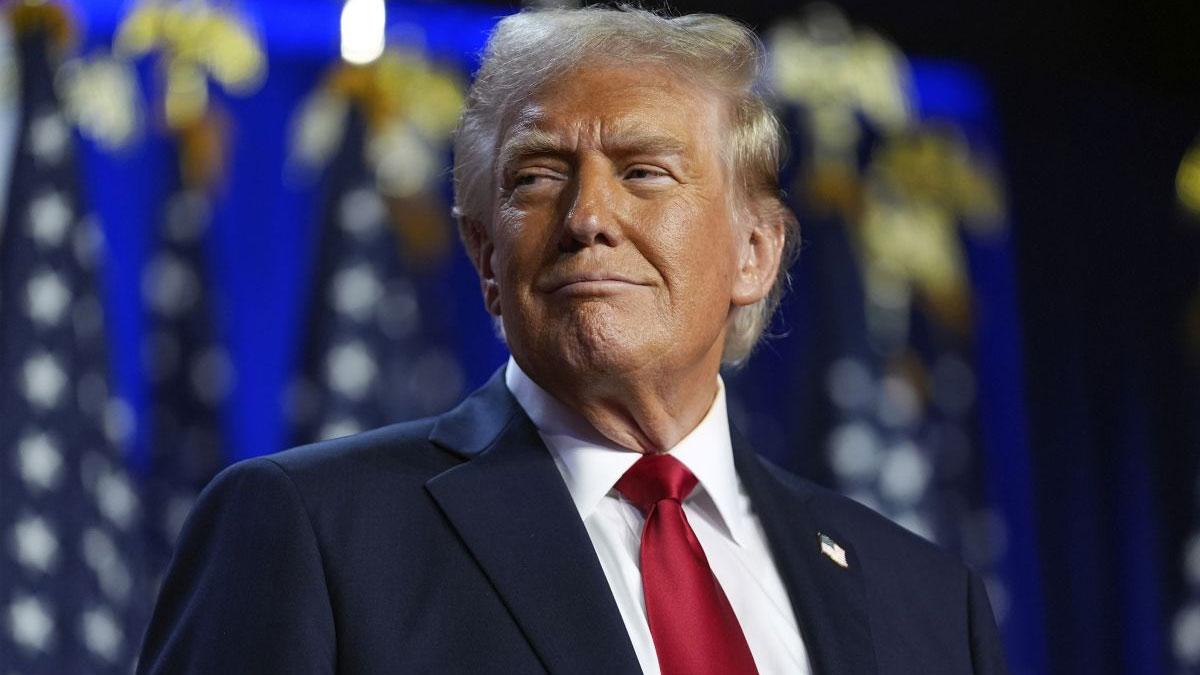It is in this regard that the United States, represented by Permanent Representative Linda Thomas-Greenfield, has supported a permanent seat for India on the UN Security Council as it harks on text-based negotiations to go forward with what many describe as a stalled reform process.
On Thursday, Thomas-Greenfield said, "The United States is supporting the launching of text-based negotiations on Council reform." She elaborated, "It's actually a big deal. It means we are ready to work with other countries to negotiate language, prepare amendments, and ready this resolution for a vote in the General Assembly and ultimately amend the UN Charter."
The US has reiterated its support for permanent seats on the Council for India, Japan, and Germany. A handful of countries in opposing the adoption of a negotiating text has impeded the reform process under what is called Inter-Governmental Negotiations - IGN. Without such a document that sets up an agenda, discussions have been stale since 2009, starting the process over every year.
With the US now supporting the adoption of a negotiating text, momentum may build. A senior administration official said Thomas-Greenfield's announcement seeks to "help jump-start this process in a number of ways by calling for text-based negotiations at the earliest possible opportunities."
In remarks at the Council on Foreign Relations, Thomas-Greenfield underscored the point that Africa is a continent of 1.5 billion people across 55 countries and hosts many of the peacekeeping operations mandated by the Council-deserves two permanent seats. "It's what our African partners seek, and we believe-in our view this is what it's-what is just," she said.
She explained, "There are currently three non-permanent seats on the Security Council allotted to African countries on a rotational basis, for two years. The problem is, these elected seats don't allow African countries to deliver the full benefit of their knowledge and voices into the work of the Council."
African nations have called for two permanent seats on the Council and the addition of two elected seats. This demand gained momentum recently, as the UN approached its 80-year anniversary. Thomas-Greenfield said the structures of the UN, set up after World War II and slightly changed in 1965, do not reflect the makeup of today's world, which consists of 193 members. "The world is asking big questions about the United Nations. Whether this institution is representative and legitimate. Whether it's built to meet the challenges of the day, as well as the challenges of the future," she said. "And in particular, Member States are looking at the Security Council."
Thomas-Greenfield also proposed a non-permanent seat for landlocked developing countries and supported a permanent seat for Latin America and the Caribbean. But she stopped short of specifically endorsing Brazil, which also has sought a permanent seat.
The US official who briefed the media said that Washington also opposed the granting of veto rights to new permanent members. The so-called Uniting for Consensus (UfC) group, led by Italy and Pakistan, opposes the adoption of a negotiating text. UfC insists on consensus before proceeding with a text, engaging in a Catch-22 situation where lack of negotiations will prevent such a consensus from emerging.
Read also| Harris and Trump Clash Over Afghanistan

